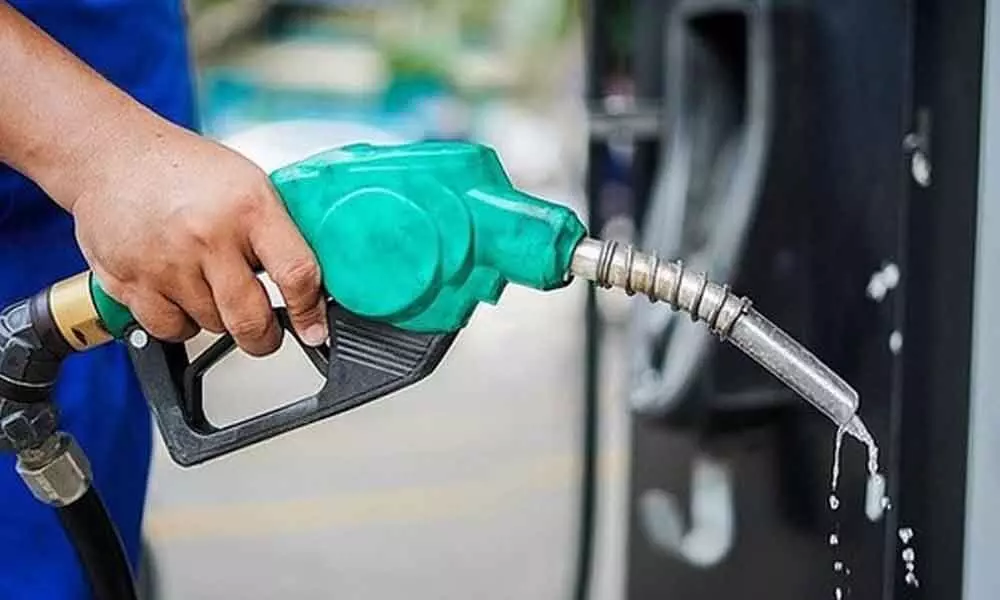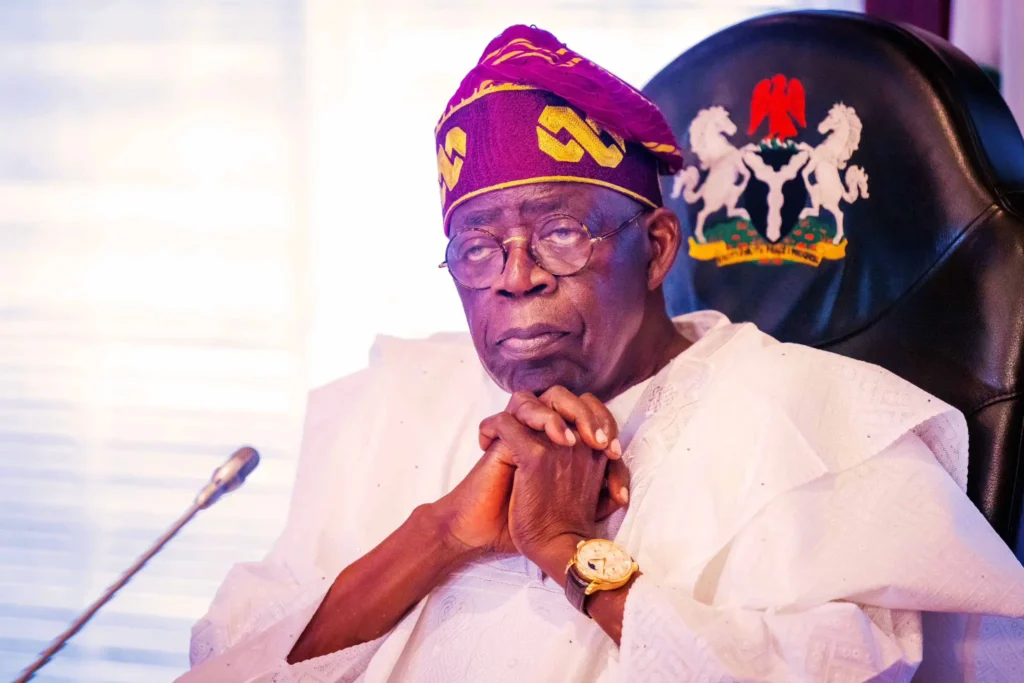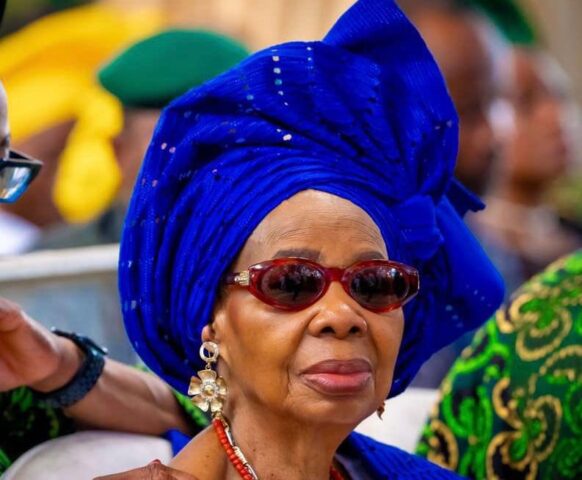The Nigerian National Petroleum Company Limited (NNPCL) is considering a new reduction in the price of Premium Motor Spirit (PMS), popularly known as fuel or petrol, following the MRS filling station’s announcement of a price cut in collaboration with Dangote Refinery on Monday.
This development comes after the MRS filling station announced a price reduction for the first time in 2025.
The oil company recently stated on its official X account that the new pump price has decreased to N925 per litre in Lagos, with prices of N933 in the South West, ₦945 in the North, and ₦955 in the South-East.
This marks a reduction from the previous price of approximately ₦970.
This also comes shortly after Dangote Refinery’s earlier decision on February 1, 2025, to lower its ex-depot price from ₦970 to ₦870 per litre.
In response, the National President of the Petroleum Products Retail Outlet Owners Association, Billy Gillis-Harry, and the Spokesperson for the Independent Petroleum Marketers Association of Nigeria, Chinedu Ukadike, expressed optimism that NNPCL would soon announce a reduction in PMS prices to maintain its competitiveness in the downstream sector.
Gillis-Harry emphasized that NNPC must lower petrol retail prices, as consumers are unlikely to choose a more expensive option when cheaper alternatives are available.
Ukadike added that the ongoing price competition between Dangote Refinery and NNPCL leaves the latter with little choice but to reduce prices.
“It is likely that NNPCL will drop its price because there is a price war with Dangote Refinery. Once Dangote Refinery announces a price drop, NNPC will follow suit,” Ukadike told the Daily Post.
Transportation Cost, Others Remains Stagnant Despite Petrol Price Change
Responding to concerns about why the impact of the petrol price reductions by Dangote and MRS has not been felt, Gillis-Harry noted that the cost of transportation and food prices have remained stagnant because of the weak purchasing power of Nigerians.
“If you watch, the cost of transportation has not reduced in spite of the reduction of fuel at the retail market. That tells you that the purchasing power of Nigerians is very weak.
“In my opinion, we need to engage Nigerians in production activities such as farming, fishing, and technology.
“Go to the park, you will see that the price of transportation cost has not been impacted by the fuel reduction,” he stated.
On his part, Ukadike said that the impact of the petrol price reduction will be felt on transportation, goods, and services in the long run.
“The impact will be gradual; it will eventually impact transportation and others,” he noted.
Gillis-Harry, however, frowned at the frequent petrol price adjustments by actors in the oil and gas sector, noting that the incessant price adjustments will affect petrol security.
He added that arbitrary petrol price hikes cause serious losses to marketers who might lift fuel stock before the arrival of new stock.
“There was a lot of fuel that was purchased at the old price that is still in the system, and they have not been sold.
“Marketers cannot sell below the cost price. It is completely impossible for someone to buy a product at ₦970 per litre and sell below the purchase price.
“MRS that is trying to deepen the distribution process with PETROAN and Dangote Refinery still has the same challenge of the buying power,” he said.




